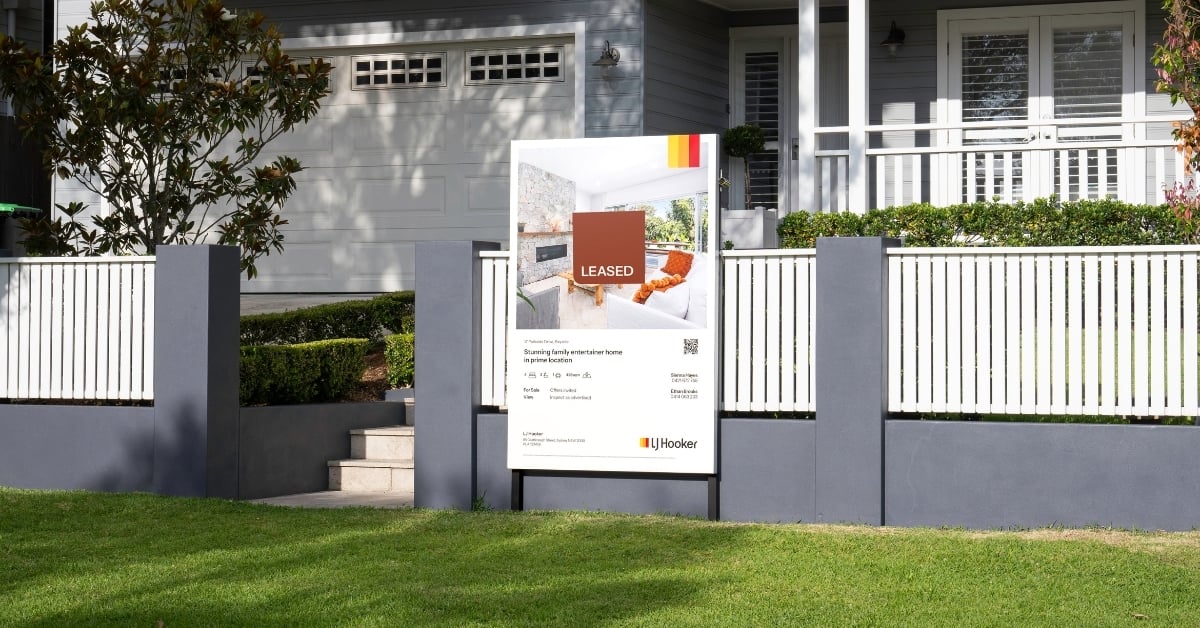5 Bookkeeping Tips for First Time Property Investors

It’s a legal requirement to keep business transaction records for a minimum of five years, so it’s important to understand bookkeeping and have good record keeping practices. In order to be compliant with the law and make sure that you’re getting the right returns, it’s advisable to keep all documents relating to income and expenditure.
With rental properties, there can be a lot of documents going back and forth. In some cases, there might be a lot of expenses involved due to renovations or emergency repairs. While a lot of investment property owners are undoubtedly savvy investors, they may not have had any experience with bookkeeping. Which, can in some cases, mean they miss out on hundreds of dollars worth of claimable expenses.
Bookkeeping may seem overwhelming, but at the end of the day, it comes down to being prepared, knowledgeable and ready to ask for help so as not to miss out on claimable opportunities.
Smart approaches to fool proof bookkeeping for your property
1. Create a digital filing system
Manual bookkeeping systems include a series of books or ledger accounts. While these can be purchased at local newsagents or bookstores, once the pages are filled out and the receipts are added, it becomes a lot of information in one place to not only sort through, but carry around.
With this in mind, consider creating a digital filing system. Web-based filing systems mean that investors can update their books from any location, and has the added benefit of always being a click away in case information needs to be accessed in a hurry.
Online storage for filing information means that the information is automatically saved and stored, removing the risk of losing key documents that can increase claimable expenses.
Alternatively, setting up a series of spreadsheets can be another great way to keep track of expenses, income, and purchases. Spreadsheets work because like online filing systems, the information is easily accessible and in one place. At the end of the day, good bookkeeping comes down to keeping on top of the information. With regular reviews and with information stored online, this is easy to do.
2. Know which documentation you need for tax time
It’s a good idea to talk to your accountant about what documentation the ATO requires you to keep to support your tax return and claims. A safe suggestion is to keep all your receipts (even if they are small) as it doesn’t take long for expenses to add up.
Your accountant is the best person to determine what is claimable and what is not, so provide all this information to them. Be careful not to lose any receipts as misplacing them may mean you show higher capital gains and therefore tax relating to it.
In addition to tax receipts, keep a logbook for any travel/car expenses relating to your investment property, and a documented/diarized account of any inspection trips to the property/s. Make sure to also include the reason for the visit and the date.
3. Avoid paying expenses out of pocket
A good way to ensure you keep track of your expenses is to avoid paying any expenses out of your own pocket. It is better to have your property manager pay for any property related expenses from the rent they collect from your tenants. If you can’t avoid paying something yourself, keep a summary of what you have paid for and give this to your accountant.
If you don’t have the funds to cover an expense from the rent, transfer the required amount to your property manager and allow them to pay it. This way the expense will show on your end of year summary provided by your property manager.
4. Prepare documents for your accountant
Either keep your monthly rental statements and invoices from your property manager or ask them to provide you with a yearly summary of your property. This summary should detail rent received and expenses paid on your behalf. This summary must be given to your accountant.
If you renovated your investment, ensure you get a Quantity Surveyor to provide you with a Scrapping Schedule. Alternatively, an LJ Hooker Property Manager can help due to our corporate relationship with BMT Tax Depreciation Specialists. You want to make sure you are claiming all relevant tax deductions for old fixtures and fittings that were thrown out.
Also ask your Quantity Surveyor for a Depreciation Schedule as this enables you to claim the lowering in value of add-ons within your property, or the property itself, which can be a great way to minimize your tax expenses and to maximize your return on investment.
In addition, make sure you get a loan statement from your lender and provide this to your accountant so they can calculate the interest paid on your loans.
5. Identify gaps of knowledge and improve on them
The majority of investors don’t have an accounting background, so it is important that you consult your accountant and financial advisor before making any investment decisions. It is also important that you regularly ask your accountant about any changes to investment laws that may affect you. Of course, do your own reading via newsletters, the ATO website, and online journals to ensure you are constantly improving your strategy and knowledge.
Investment properties and bookkeeping
For first time or even seasoned property investors, the thought of bookkeeping can be daunting. However, by simply staying on top of documents and having an organised filing system, investors are already making moves in the right direction.
Storing the documents and combing through them can be a hassle, but at the end of the day, being meticulous with outgoing and incoming expenses can in some situations mean that individuals don’t miss out on hundreds of dollars worth of claimable expenses.
Understanding the law and the documents required can go a long way towards effective bookkeeping. However, if bookkeeping doesn’t sound like it’s for you, the team at LJ Hooker are here to help. Australia’s number one real estate brand offers a range of services, and their corporate relationships come in handy when tax time calls.
DISCLAIMER - The information provided is for guidance and informational purposes only and does not replace independent business, legal and financial advice which we strongly recommend. Whilst the information is considered true and correct at the date of publication, changes in circumstances after the time of publication may impact the accuracy of the information provided. LJ Hooker will not accept responsibility or liability for any reliance on the blog information, including but not limited to, the accuracy, currency or completeness of any information or links.



